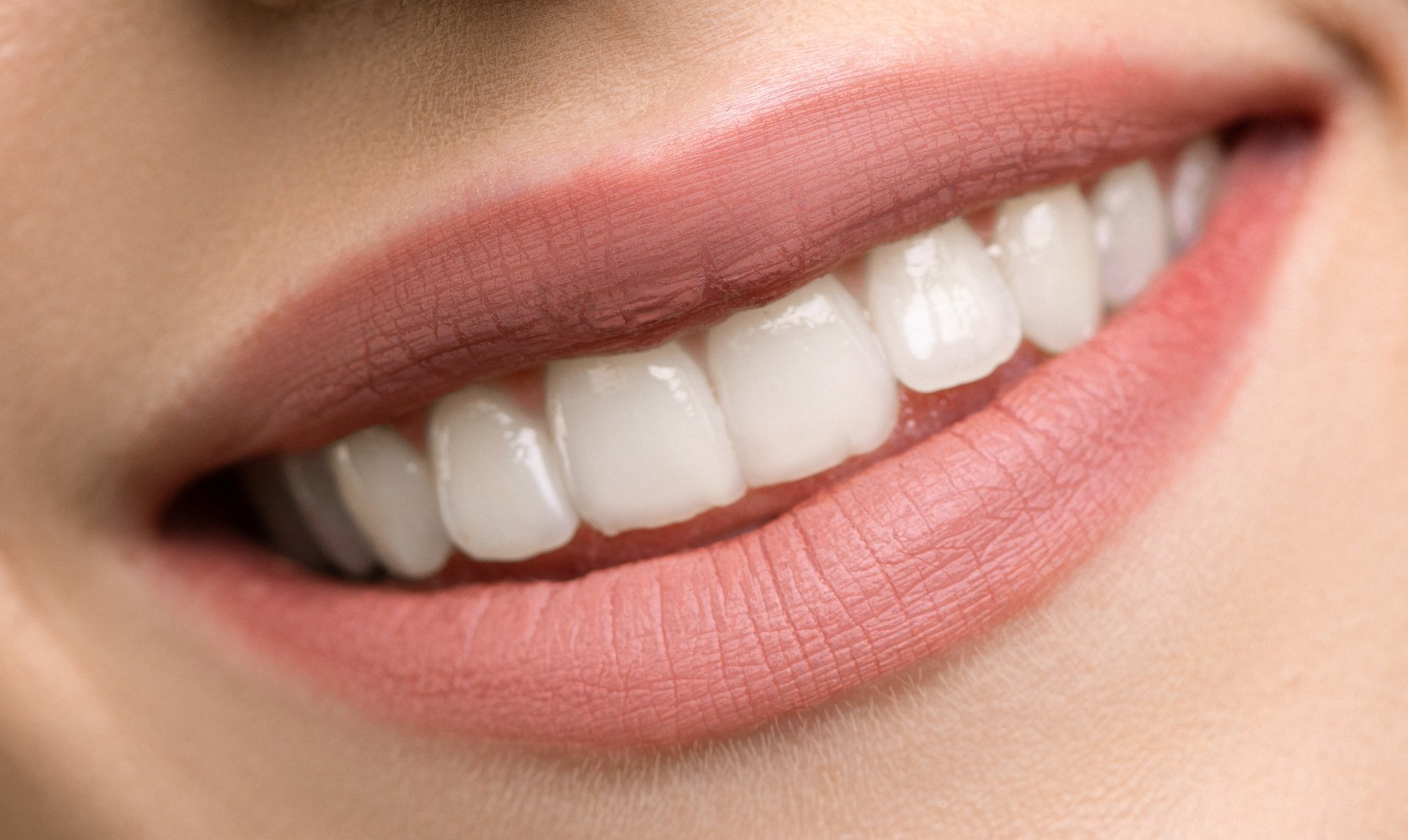The importance of teeth

Oral hygiene is incredibly important in our day to day lives. Our teeth help us to talk, chew and they also affect the shape of our face. Being happy with our smile can give greater confidence. Having healthy teeth and gums can transform not only our visual appearance, but also improve our mindset and the health of our body too. In our Gateshead Homelessness Touchpoint, most of the people we work with have “improving my teeth” high on their list of ‘what matters to me’ - sometimes even higher than you or I would ever expect. I believe we will see the theme of teeth and oral health come up again and again for people in all our touchpoints. Having my own affliction with my teeth really drew me to this theme.
I have tetracycline-stained teeth. This happens when a pregnant mother takes antibiotics. It can affect the unborn child’s teeth and bones, staining them and making them brittle. My two front milk teeth were stained yellow, as are my adult teeth. I have spent years agonising over other people’s views of me and my oral hygiene. It affects the way I smile, the way I talk with new people, the way I look at myself. It pushed me, for many years, to edit my photos, to question whether I would be seen as good enough for that job role, to wonder if I’d be better off paying for veneers or dental implants. As I get older, my teeth worsen and with it, my confidence plummets.
But despite my issues, I am lucky. I have access to a dentist. I can afford the treatments I need and save up for the ones I want. I understand the work that needs to be undertaken and the reasons why. What happens to a person that doesn’t? Many of our citizens in Gateshead are homeless or in temporary accommodation. They don’t have access to a phone or the internet. Some can’t afford to access public transport. Throw in chaotic lifestyles and health issues and you have a very difficult situation where accessing dental care seems almost impossible.
After a while, and with intensive support from our Gateshead caseworkers, two of our citizens recently registered with local dental practices. This was a significant struggle due to the backlog of appointments. Due to Covid, most practices are not accepting new patients. Citizen A managed to be seen, treated and had their front teeth replaced, which led to a very noticeable increase in their self-confidence. They started getting more involved in their local community and services that struggled to engage them previously saw them more often. Citizen B was told if they missed a single appointment, they would be struck off the practice’s list. This happened to Citizen B twice and they are still awaiting dental treatment. They are now at risk of infection, disease, and tooth loss. This poses two big questions for me:
- Should dental practices be more lenient for those people experiencing multiple disadvantage?
- And should homelessness services have access to a dental practitioner who could help citizens as soon as they present with a dental issue?
The benefit of being more lenient - understanding how people can be affected when they experience multiple disadvantage, seeing that things can move very quickly for them and making exceptions for that - could be that those who may be unable to cancel or change appointments due to lack of access to a phone, or because of chaotic and fast paced changes in their lives do not lose their access to dental help and all the vital life improvements that can lead to.
The benefit of homelessness services having access to a dental practitioner could be that people are not taking up spaces within already overcrowded and underfunded practices. They could be seen and either treated immediately or have a plan put in place to reach their dental goals within a space they already use. Simply having a professional who runs dental hygiene workshops is not enough for the person facing tooth loss and gum disease.
From my own experience, I understand the difference your teeth can make to your life. It’s important for everyone to be able to access dental treatment to help them to eat and to speak comfortably, to not suffer in pain, and to feel more confident in themselves. If tooth loss and gum disease are preventable, then I think it is of utmost importance to ensure people are not slipping through the cracks that could easily be filled. We need to do more to ensure that people experiencing multiple disadvantage are not being accidentally excluded from this simple support that can be genuinely life-changing.



